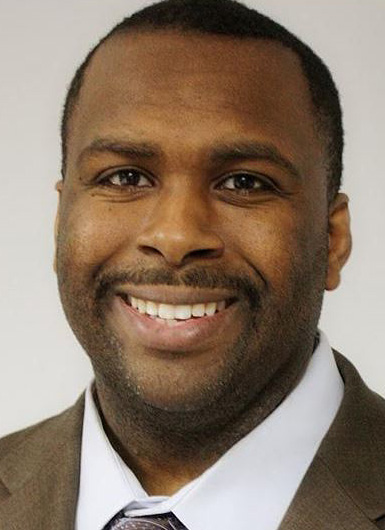
ATLANTA (BP) — A bivocational lay minister and physician is refusing to give the state of Georgia copies of his past sermons in a legal suit alleging the state fired him as health director because of his religious beliefs.

“No government has the right to require a pastor to turn over his sermons,” Walsh said. “I cannot and will not give up my sermons unless I am forced to do so.”
The Georgia Department of Public Health fired Walsh one day after he provided copies of his sermons to the state when he was hired as health director for northwest Atlanta in May 2014, according to Walsh’s attorneys, citing a copy of an email indicating the DPH asked several employees to review and critique Walsh’s sermons. He had only held his job one week.
First Liberty filed a lawsuit April 20, 2016, on Walsh’s behalf, contending the state fired him because of the content of sermons he delivered as an ordained lay minister.
Several groups have come to Walsh’s defense, including the Family Research Council, Concerned Women for America and the American Principles Project.
The order to provide the sermons is only evidence of Georgia’s guilt, First Liberty senior counsel Jeremy Dys said.
“The state insists that it did not fire Dr. Walsh over his religious beliefs or sermons,” Dys said. “If that’s true, why is it demanding copies of his sermons now? It’s clear the government fired Dr. Walsh over his religious beliefs, which is blatant religious discrimination.”
A noted physician who has directed the Pasadena, Calif., public health department and served on President Obama’s Advisory Council on HIV/AIDS, Walsh is an ordained Seventh-day Adventist lay minister.
“I am a devout member of the Seventh-day Adventist Church, and, as a part of my sincerely-held religious beliefs, I believe in expressing my faith,” Walsh said in a complaint filed with the Equal Employment Opportunity Commission preceding the lawsuit. “My faith is important to me; I regularly speak about my faith at churches and religious conferences.”
His sermons focused on topics including following God, health, marriage, sexuality, world religions, science, creationism and compassion for the poor.
Walsh does not own audio or video recordings of his sermons, Dys said, but the state requested all the content of the sermons he has, including notes he made in preparation and transcripts made after the sermons were delivered.
“The first time [Walsh] submitted his sermons to the state, he lost his job,” Dys told Baptist Press. “He’s deeply concerned to learn what would happen if he submits his sermons again.”
The Family Research Council launched a petition Oct. 26 at FRC.org/Walsh urging Georgia Gov. Nathan Deal to intervene and halt the sermon request.
“This demand for Dr. Eric Walsh’s sermons, sermons notes and ministerial documentation is an alarming display of government intrusion into the sanctity of the church, pastor’s study, and pulpit,” FRC president and ordained pastor Tony Perkins said. “This is something that I would have expected to see in a communist country, not America. The pulpit is to be governed only by the Word of God.”
In March, Deal vetoed a religious liberty bill less than two weeks after the Georgia legislature passed it. The Free Exercise Protection Act had combined elements of a Religious Freedom Restoration Act, a First Amendment Defense Act and a Pastor Protection Act.
The American Principles Project, a religious freedom advocacy group in Washington, D.C., urged Georgia to withdraw its court order and to compensate Walsh for any losses incurred.
“Anything else will suggest that people of faith need not apply for government jobs in Georgia,” American Principles Project senior fellow Jane Robbins said. “The state of Georgia’s brazen discrimination against an individual on the basis of his religious beliefs violates everything we believe in as a nation. It is wrong, and it is illegal.”
Penny Nance, president of Concerned Women for America, said in an Oct. 26 press release that Georgia is using “Gestapo-like” tactics in the case and pledged the support and resources of the “hundreds of thousands of members” of CWA in fighting “this injustice and intolerance.”
“The state of Georgia’s blatant attack on religious freedom … is indeed a threat to every American, whatever our religious beliefs,” Nance said. “Can there be a clearer violation of our First Amendment right to religious freedom than for the state to monitor, examine and retaliate against a person because of the sermons they share?”
Walsh had 33 days — which expire Oct. 30 — to comply with the Sept. 27 court order.
“First, we will object to the request for sermons. The other side can move to compel Dr. Walsh to submit the sermons, which would cause us to go before a court,” Dys told BP. “If the court orders Dr. Walsh to surrender the sermons and he does not comply, he could be held in contempt of court.”















